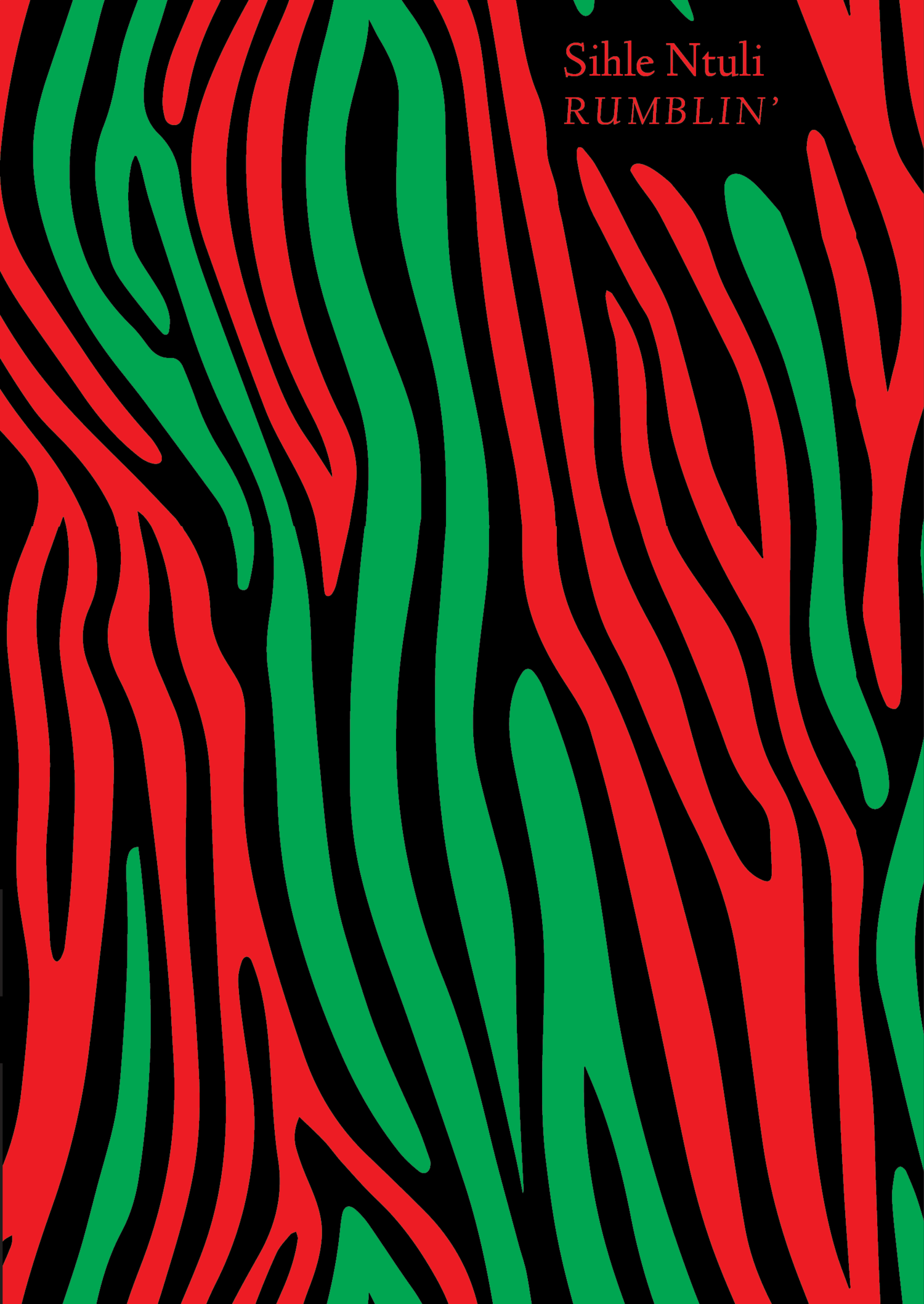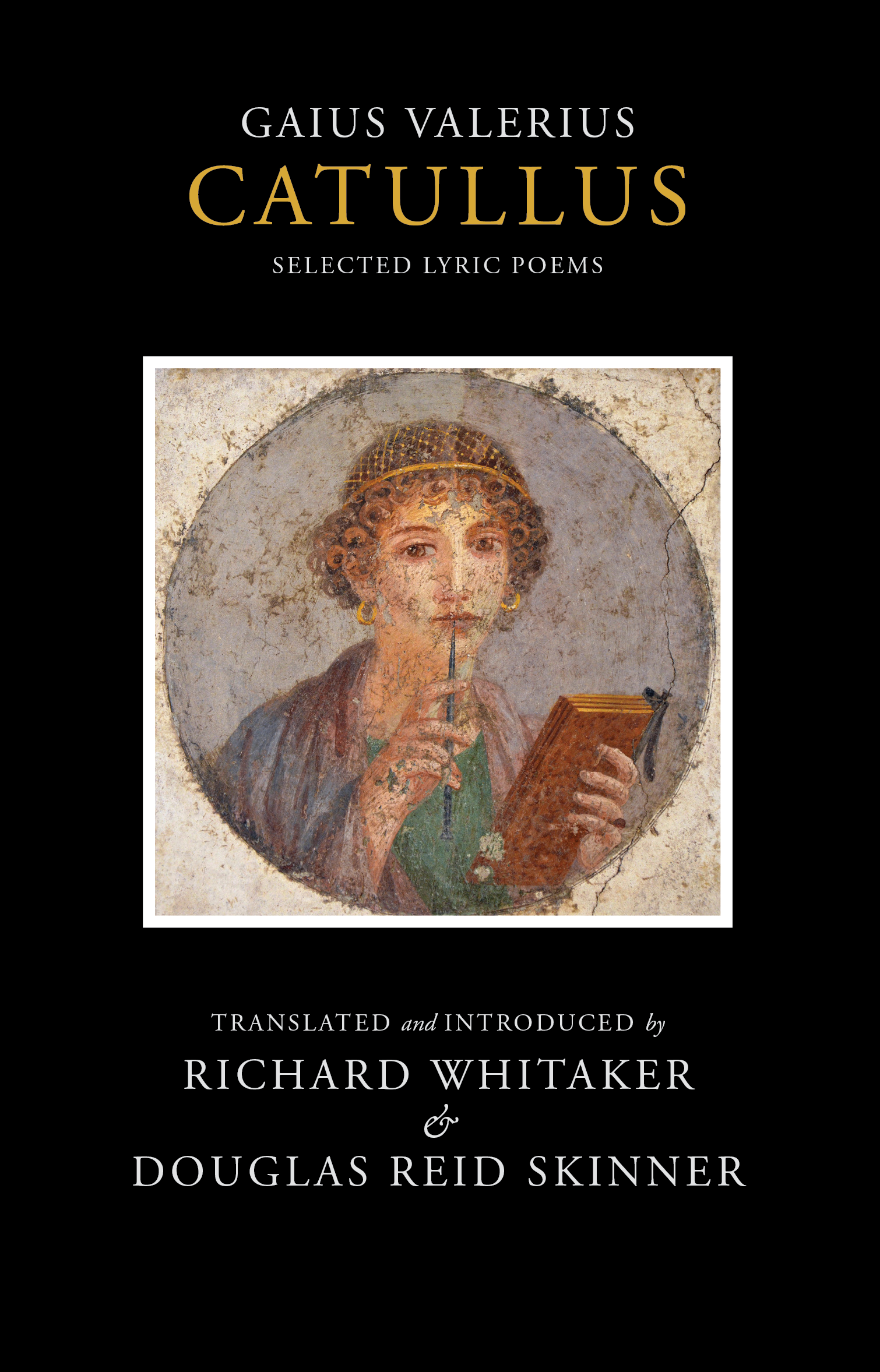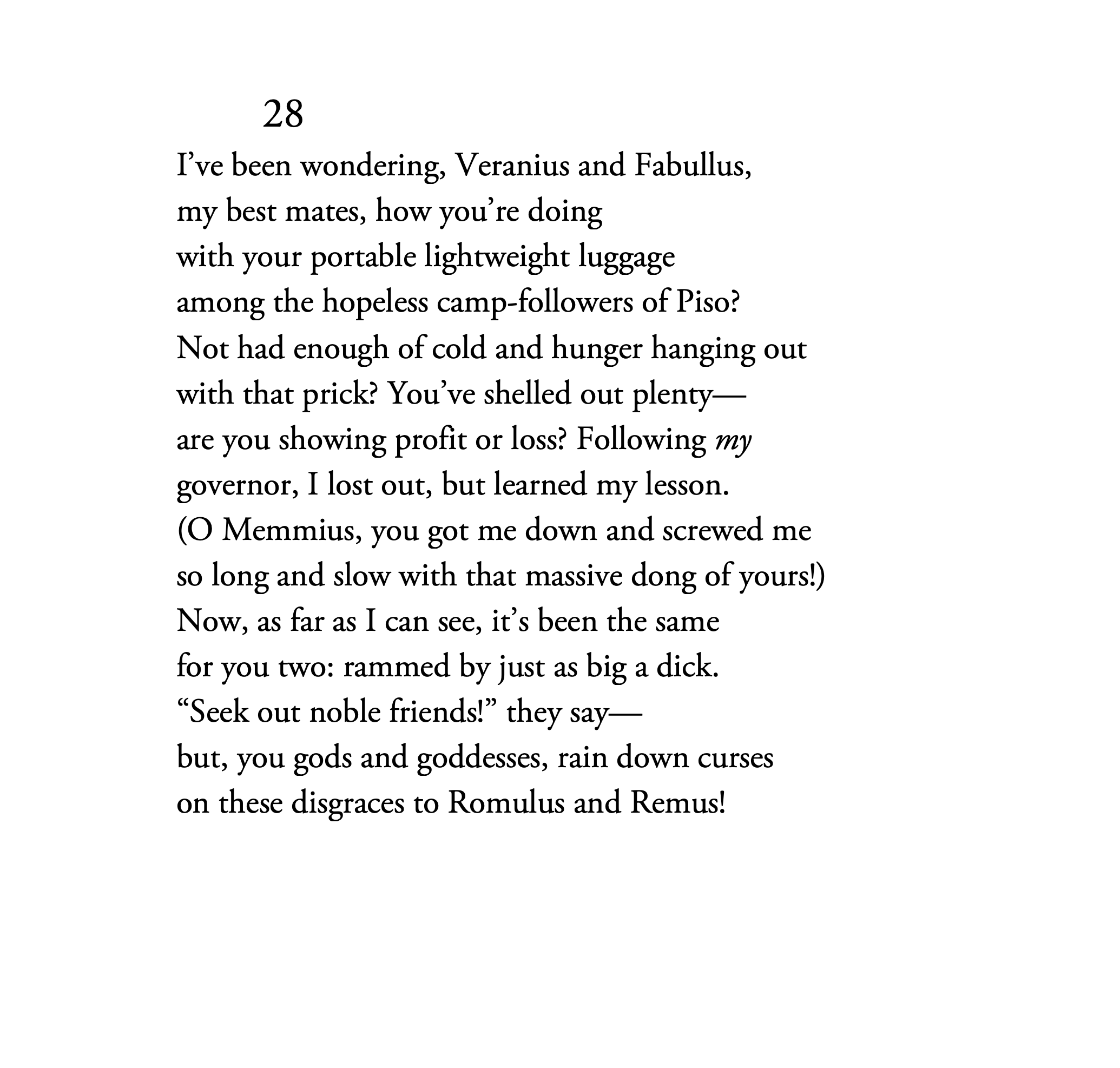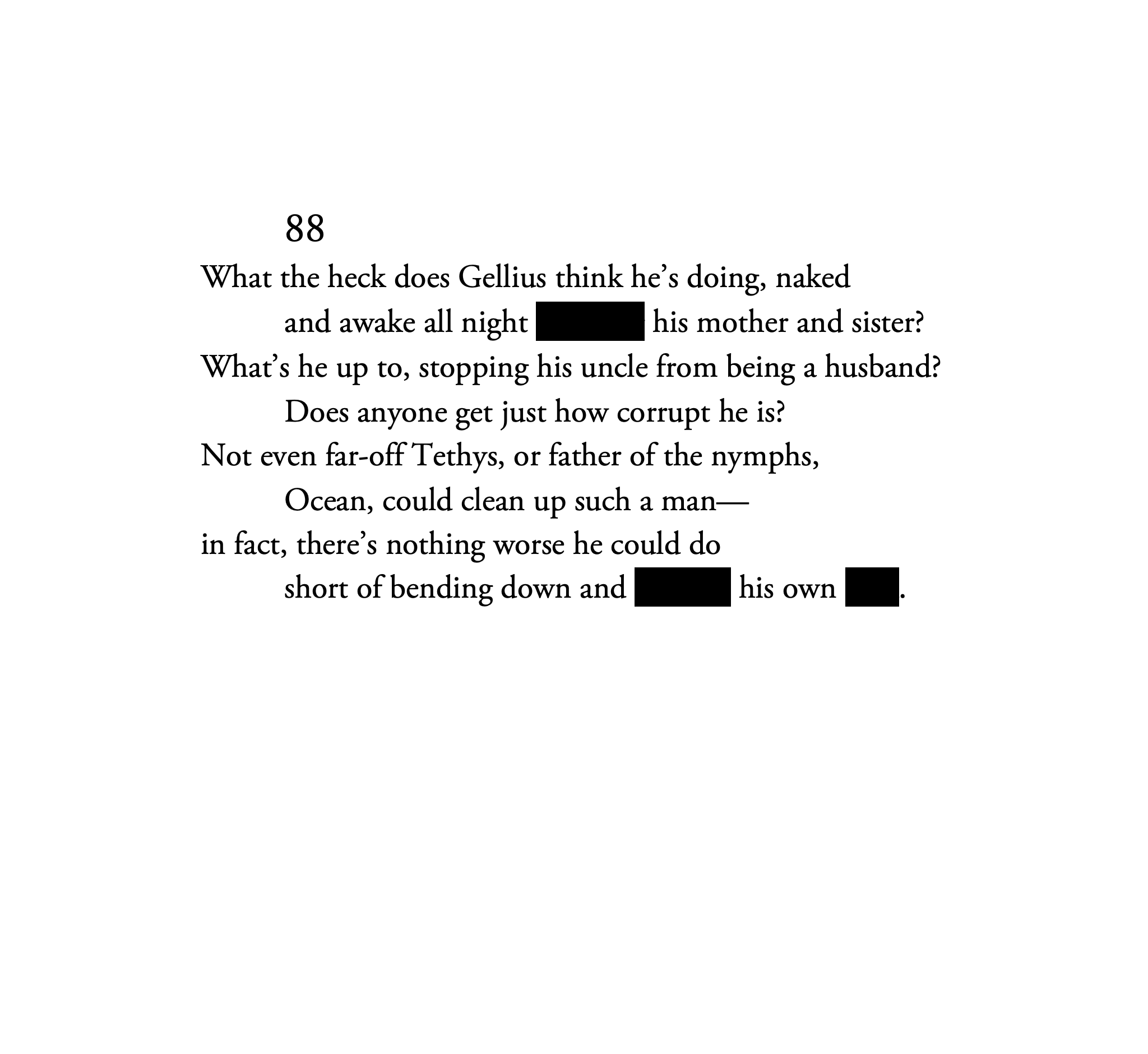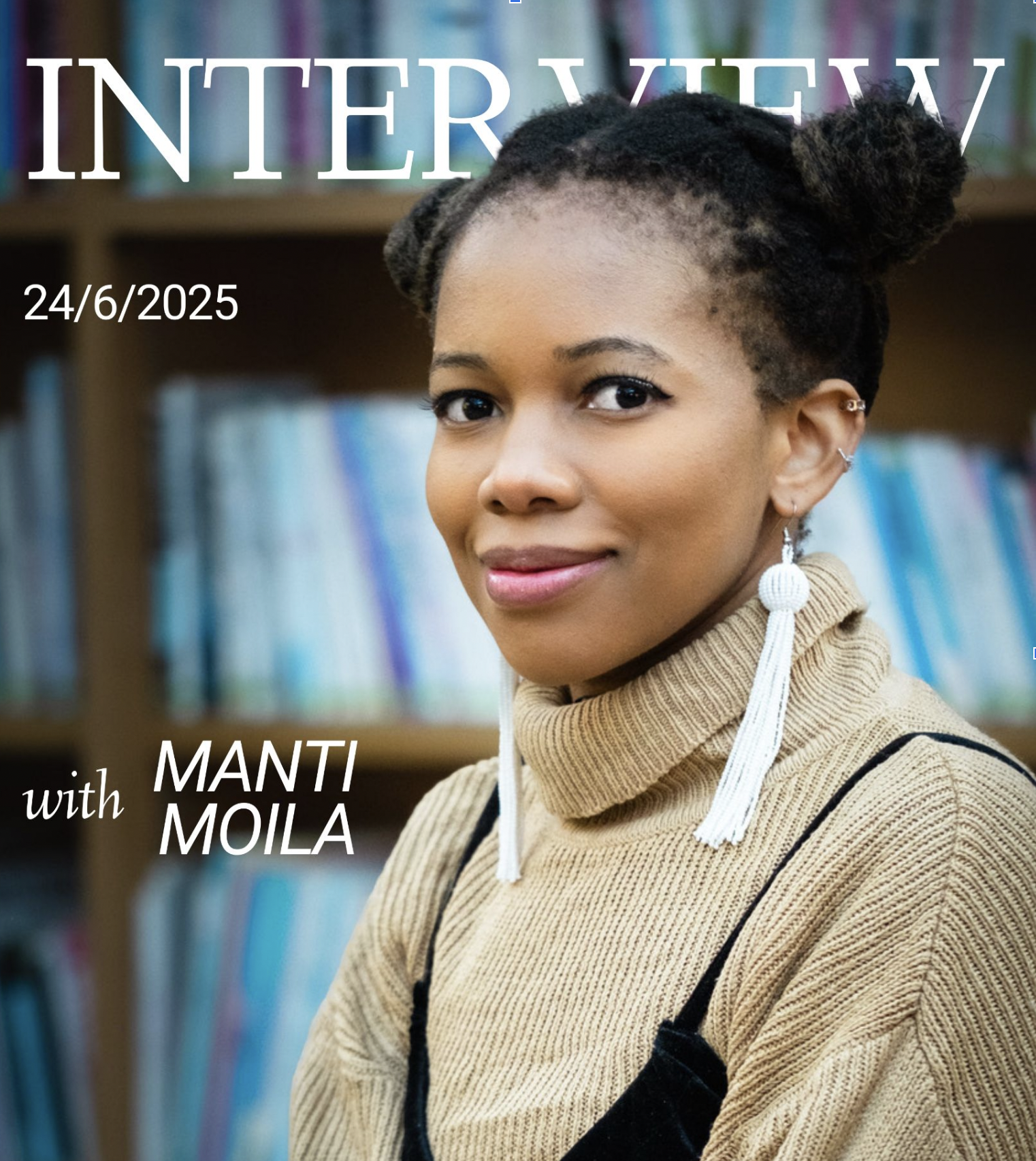Many of your poems wrestle with identity, belonging, and memory. How do your personal experiences and background as a South African shape your poetic voice, especially with your being based in South Korea? (I lived in Bangkok for a while, so I am so excited to read a collection by another African poet whose feet are currently in Asia!)
I know I’m probably not supposed to say this, as in literary and academic spaces it’s a big no-no for the speaker and author to be seen as one, but I want to answer earnestly: this is a deeply personal book and my experiences have shaped it as a work of art. I drew directly from my experiences when writing, as I wanted to feel anchored in my writing. For example, there is Korean incorporated into the collection. I did not do that just because I thought it would look cool – it’s more that the Korean language is also something that I am grappling with. It’s difficult, I’m not as good at it as I ought to be by now, but I love the language. I also operate in the language on a day-to-day basis, so it made an impression on me that I wanted to be reflected in the book. I now find it fascinating that I can get through a (simple) Korean novel but not even a picture book in my mother tongue. Identities are so much more slippery and complex, I think, than we would like to admit. The spaces that the body occupies, be they physical or psychological, leave their mark.
Your work blurs the boundaries between the natural and emotional worlds. How do you use nature as metaphor in your poetry?
I find that phrasing interesting, as it kind of touches on one of the things I was contemplating while writing the collection. I wanted the different stages that a houseplant goes through to reflect or run parallel to the speaker’s own journey. However, houseplants are just that – a use of nature, a manipulation of it. I sometimes have trouble contending with the natural world in all its glorious terror. Houseplants are a manicured, clamped down version of nature that affords people some of the benefits of nature – beauty, calm etc. – without having to deal with the threatening aspects. The word ‘bound’ makes up half of the title for a reason: I love my houseplants, and my plant poems, but there’s something to be said about how we are incapable of reigning over nature, even in language; or especially in language.
Were there any particular poets, books, or artistic influences that guided or inspired you during the creation of this collection?





